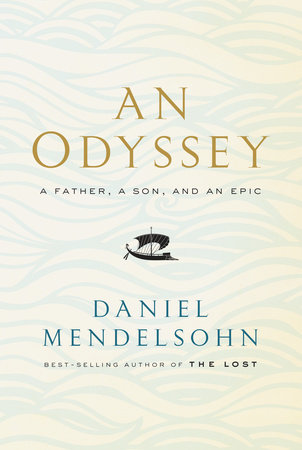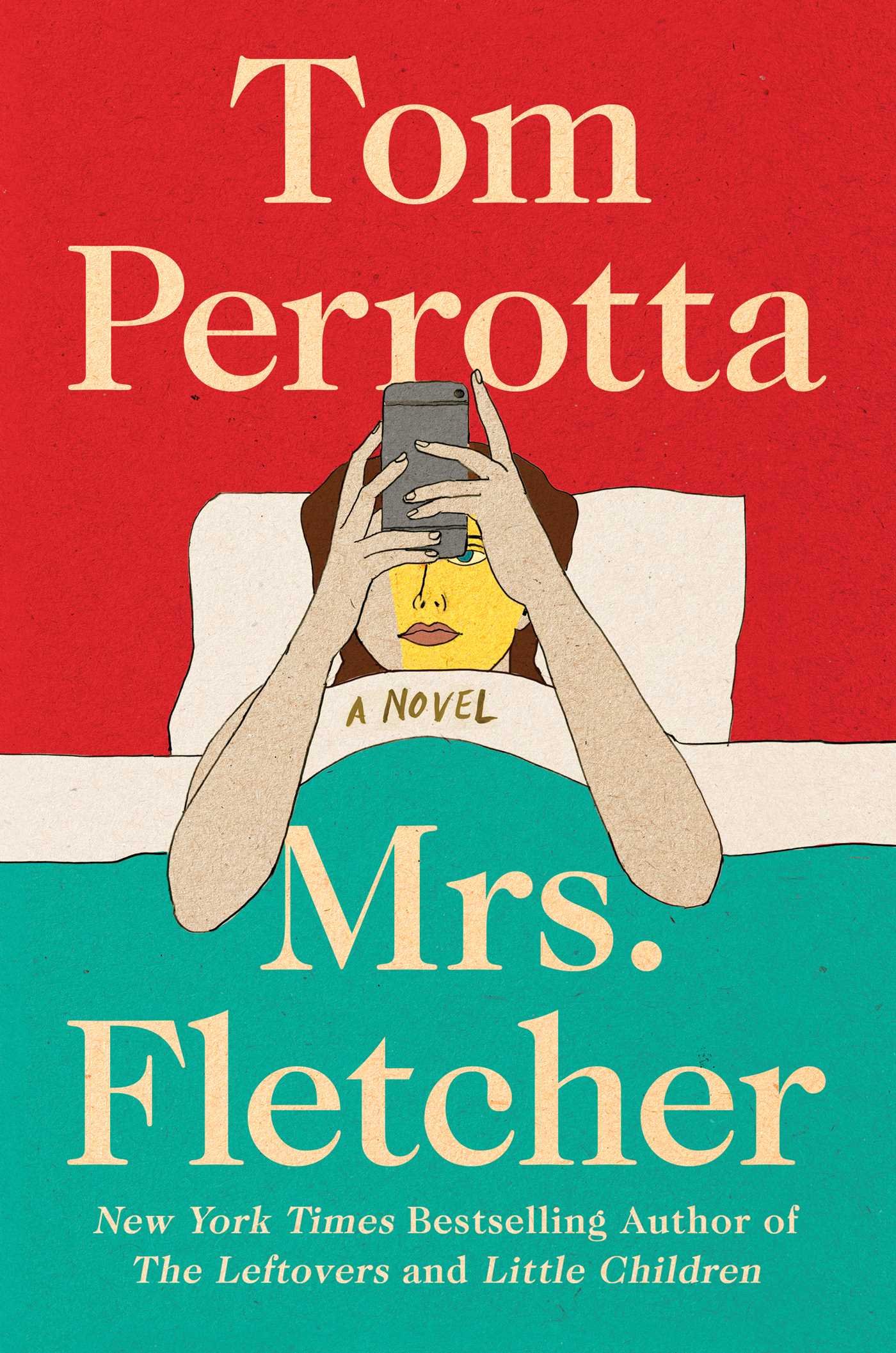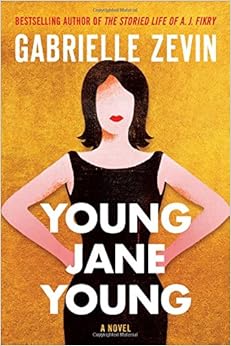According to my Goodreads account, I read 96 books in 2017. I didn't review them all on this blog as you would mostly get a string of posts about me squealing about divine historical romance novels or classic British murder mysteries. But looking back on 2017, literature served as a continual reminder of the greatness of the human mind and the ability of language to set fire to the imagination. So below, I give you a selection of books that tickled my fancy over the past year (you can also use the "Literature" label on the blog to find posts about all the books I did review). And if you are crafting some New Year's Resolutions, I exhort you to try to read more in 2018. It gave me great pleasure, and I promise, if you find the right book, it will give you great comfort too.
Short Stories: Uncommon Type by Tom Hanks is the actor's first foray into literary fiction. I was charmed and delighted by this book - the stories are all bound together by a common theme of typewriters (Hanks is famously an avid typewriter collector) but they are also bound together by a whimsy and flair for the unusual that is the hallmark of any good short story collection. There is a story about a mindnumbing press junket in Paris, a funny story about a man who bowls a perfect game, a bizarre trip to outer space, and a vast array of weird characters and strange plots that guarantee you'll find at least one story that sticks with you. But if you don't have the patience to try out a new author (or you eschew anything written by a celebrity), might I suggest a collection by George Saunders (if you're looking for something darkly comic with weird futuristic undertones) or any of David Sedaris's books (if you're looking for the hysterical memoirs of a man who has lived a terrifically interesting life)?
Fantasy Fiction: Philip Pullman's His Dark Materials trilogy was one of the highlights of my adolescence (though I needed to re-read in adulthood to comprehend the Biblical allegory that had passed me by as a teenager). Therefore, I was beyond excited to get my hands on a copy of La Belle Sauvage, the first in his new Book of Dust trilogy that is set a few years before the events of His Dark Materials. This tale is wondrous, as richly imagined and intriguing as any of Pullman's previous works, and it was such a joyous pleasure to dive right back into this world that is so familiar to our own and yet so different in the most fundamental ways. We all managed to wait seventeen years to get this book, but now that it's here, I can't imagine having to wait even longer to see how the rest of this trilogy pans out.
Non Fiction: One of the most un-put-downable books I read, that I ended up talking to loads of people about, was Sapiens by Yuval Noah Hariri. If you don't want to take my word for it, this book also comes highly recommended by Barack Obama and Bill Gates, so put that in your pipe and smoke it. In a brief 400-odd pages, you will end up getting an entire history of mankind, from our nomadic hunter-gatherer ancestors, to the potential superhumans we will become in the future. Along the way, this book challenges all of our preconceptions about why we do things the way that we do - why our lives are governed by our alarm clocks, why agriculture destroyed our peace of mind, and whether or not we have much of a future ahead of us or are doomed to extinction. It's alternately a bleak and fascinating read, and if you're questioning your existence during these troubled times, this might be the book for you.
Rollicking Fiction: Sometimes you just want a book stuffed with interesting characters getting up to interesting shenanigans that all come to a satisfying conclusion. Two books involving hilarious family drama that will take you on a ride and deliver you back to earth with a jolt are The Nest by Cynthia D'Aprix Sweeney and The People We Hate at the Wedding by Grant Ginder. Both are stories about family misunderstandings and miscommunication, and you will experience a love-hate relationship with all of the characters until their authors cleverly suss out what their motivations are. These books will hold you in their thrall and help you forget your own family dramas for a while - doesn't that sound enticing?
Celebrity Memoirs: Gabourey Sidibe's This Is Just My Face: Try Not to Stare is both hilarious and touching, as evidenced by that title. Her personal story is remarkable, and her ascent to fame is astonishing, more so because of the struggles she overcame and the nonchalant manner in which she can talk about them. Early in the year, I also read Anna Kendrick and Lauren Graham's memoirs, which were both perfectly entertaining for anyone who is a fan of their work, but Sidibe's memoir is a worthwhile read for anyone, regardless of whether you have any idea of who she is or not. The story of how the daughter of a subway singer and a Senegalese cabdriver ended up in a movie produced by Oprah? What are you waiting for?!
Books About Books: Finally, one of the last books I read in 2017 was William Deresiewicz's A Jane Austen Education. This book brought it back full circle for me. I didn't love Austen when I first read Pride & Prejudice as a thirteen-year-old, but when I revisited her the year before college, it was a whole other story. I devoured all six of her novels, re-read them numerous times in various Victorian Novel courses, and am always the first to watch any new Austen adaptation that the BBC sees fit to fling my way. A Jane Austen Education is the memoir of a fellow Jane-ite, an English graduate student who initially thought Austen was insipid, only to discover the various lessons contained within her writings that changed his life. Reading this book made me want to re-read all my Austen novels, and honestly, if you've never read any Austen before, I don't think there's a better resolution you could make for 2018 than to pick up a copy of this book, and then a copy of Pride & Prejudice.
Short Stories: Uncommon Type by Tom Hanks is the actor's first foray into literary fiction. I was charmed and delighted by this book - the stories are all bound together by a common theme of typewriters (Hanks is famously an avid typewriter collector) but they are also bound together by a whimsy and flair for the unusual that is the hallmark of any good short story collection. There is a story about a mindnumbing press junket in Paris, a funny story about a man who bowls a perfect game, a bizarre trip to outer space, and a vast array of weird characters and strange plots that guarantee you'll find at least one story that sticks with you. But if you don't have the patience to try out a new author (or you eschew anything written by a celebrity), might I suggest a collection by George Saunders (if you're looking for something darkly comic with weird futuristic undertones) or any of David Sedaris's books (if you're looking for the hysterical memoirs of a man who has lived a terrifically interesting life)?
Fantasy Fiction: Philip Pullman's His Dark Materials trilogy was one of the highlights of my adolescence (though I needed to re-read in adulthood to comprehend the Biblical allegory that had passed me by as a teenager). Therefore, I was beyond excited to get my hands on a copy of La Belle Sauvage, the first in his new Book of Dust trilogy that is set a few years before the events of His Dark Materials. This tale is wondrous, as richly imagined and intriguing as any of Pullman's previous works, and it was such a joyous pleasure to dive right back into this world that is so familiar to our own and yet so different in the most fundamental ways. We all managed to wait seventeen years to get this book, but now that it's here, I can't imagine having to wait even longer to see how the rest of this trilogy pans out.
Non Fiction: One of the most un-put-downable books I read, that I ended up talking to loads of people about, was Sapiens by Yuval Noah Hariri. If you don't want to take my word for it, this book also comes highly recommended by Barack Obama and Bill Gates, so put that in your pipe and smoke it. In a brief 400-odd pages, you will end up getting an entire history of mankind, from our nomadic hunter-gatherer ancestors, to the potential superhumans we will become in the future. Along the way, this book challenges all of our preconceptions about why we do things the way that we do - why our lives are governed by our alarm clocks, why agriculture destroyed our peace of mind, and whether or not we have much of a future ahead of us or are doomed to extinction. It's alternately a bleak and fascinating read, and if you're questioning your existence during these troubled times, this might be the book for you.
Rollicking Fiction: Sometimes you just want a book stuffed with interesting characters getting up to interesting shenanigans that all come to a satisfying conclusion. Two books involving hilarious family drama that will take you on a ride and deliver you back to earth with a jolt are The Nest by Cynthia D'Aprix Sweeney and The People We Hate at the Wedding by Grant Ginder. Both are stories about family misunderstandings and miscommunication, and you will experience a love-hate relationship with all of the characters until their authors cleverly suss out what their motivations are. These books will hold you in their thrall and help you forget your own family dramas for a while - doesn't that sound enticing?
Celebrity Memoirs: Gabourey Sidibe's This Is Just My Face: Try Not to Stare is both hilarious and touching, as evidenced by that title. Her personal story is remarkable, and her ascent to fame is astonishing, more so because of the struggles she overcame and the nonchalant manner in which she can talk about them. Early in the year, I also read Anna Kendrick and Lauren Graham's memoirs, which were both perfectly entertaining for anyone who is a fan of their work, but Sidibe's memoir is a worthwhile read for anyone, regardless of whether you have any idea of who she is or not. The story of how the daughter of a subway singer and a Senegalese cabdriver ended up in a movie produced by Oprah? What are you waiting for?!
Books About Books: Finally, one of the last books I read in 2017 was William Deresiewicz's A Jane Austen Education. This book brought it back full circle for me. I didn't love Austen when I first read Pride & Prejudice as a thirteen-year-old, but when I revisited her the year before college, it was a whole other story. I devoured all six of her novels, re-read them numerous times in various Victorian Novel courses, and am always the first to watch any new Austen adaptation that the BBC sees fit to fling my way. A Jane Austen Education is the memoir of a fellow Jane-ite, an English graduate student who initially thought Austen was insipid, only to discover the various lessons contained within her writings that changed his life. Reading this book made me want to re-read all my Austen novels, and honestly, if you've never read any Austen before, I don't think there's a better resolution you could make for 2018 than to pick up a copy of this book, and then a copy of Pride & Prejudice.
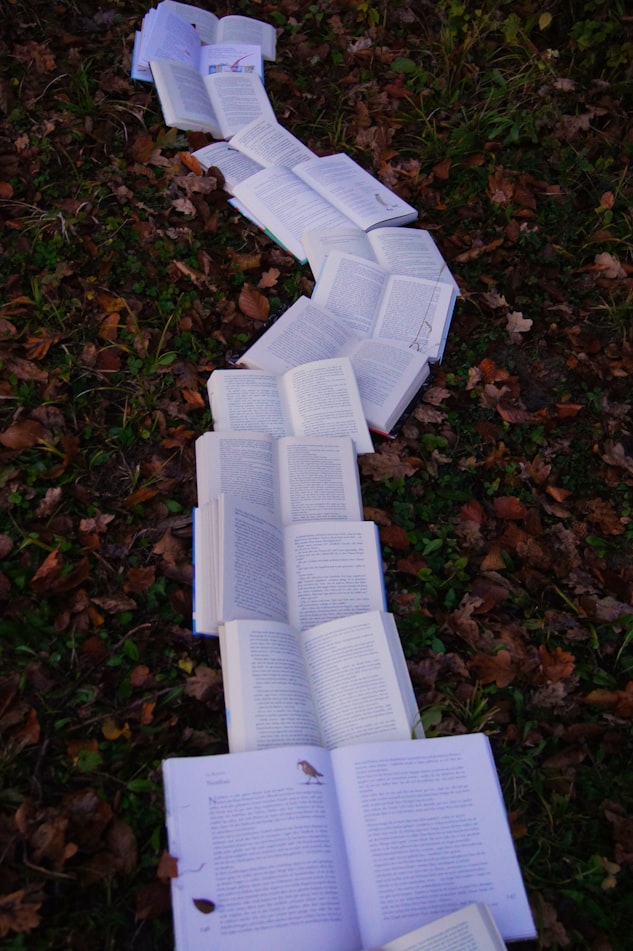











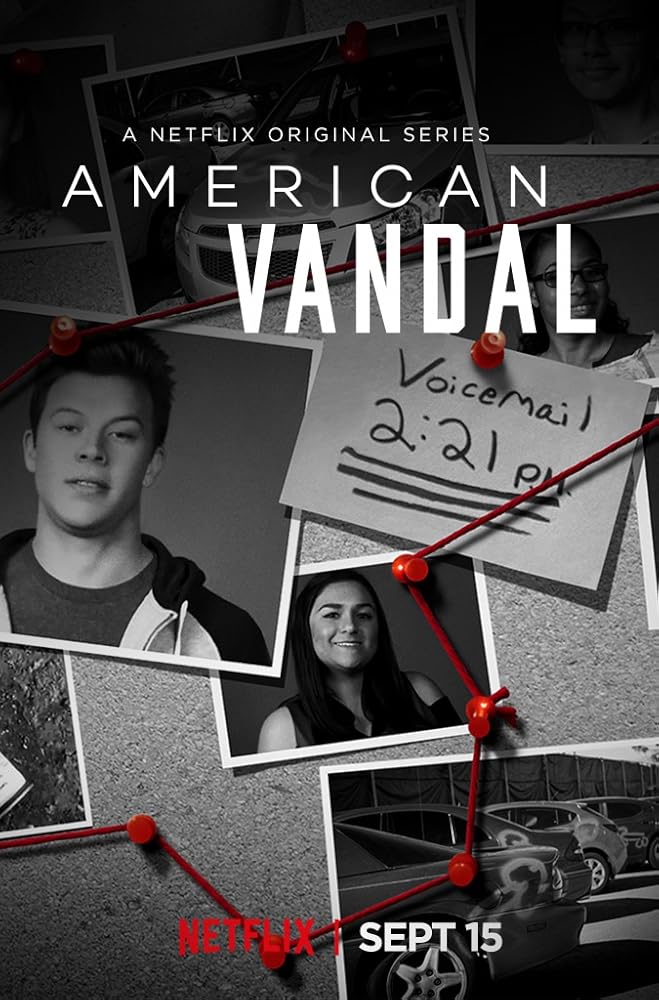



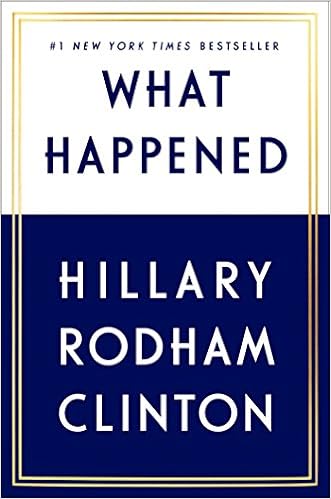
_poster.jpg)

